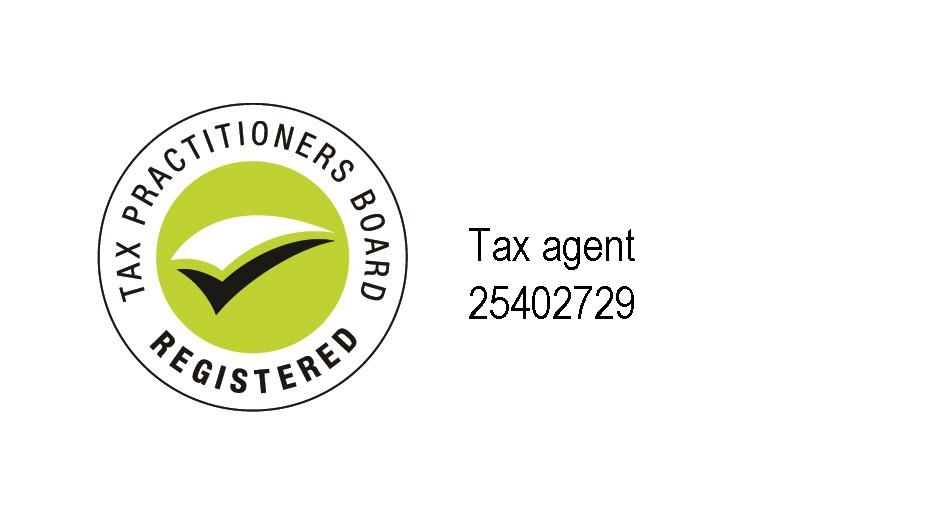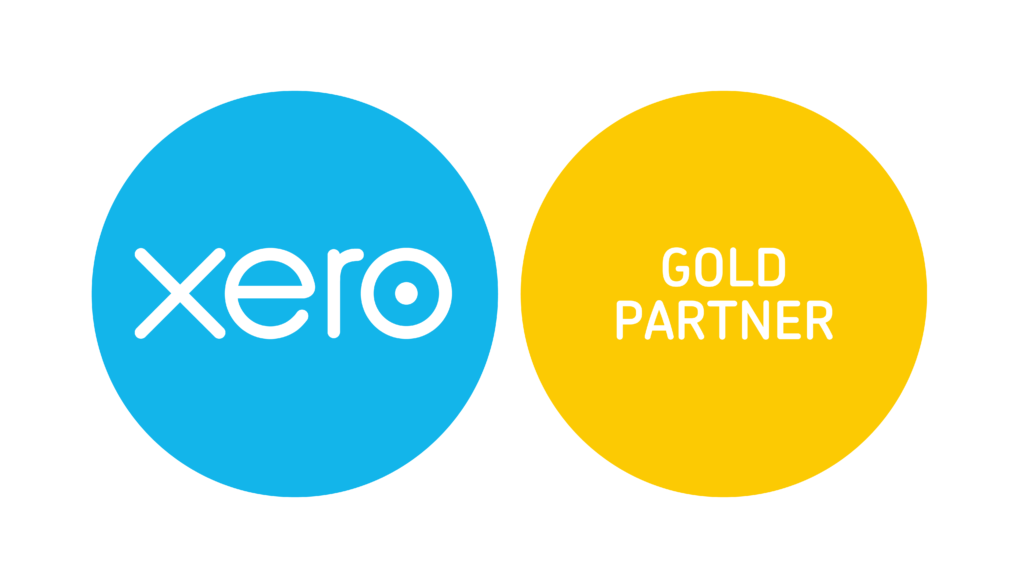Relief from Double Taxation when Doing Business in Singapore

As a company or individual looking beyond your own country for business opportunities you would naturally be concerned with the problem of taxation, especially when you might be obliged to pay taxes twice on the same income – in the host country as well as in your home country. The role of a tax treaties is to enable businesses to access relief from double taxation, either by way of tax credits, tax exemptions or reduced withholding tax rates. Tax treaties vary from country to country and the relief granted is dependent on the type of income you generate.
Scope of the DTA
Scope of the DTA is limited to tax residents of Singapore and the treaty country. Taxes covered by the DTA is limited to income taxes and would therefore exclude customs and excise duties.
Contents of DTAs concluded by Singapore
Although each DTA concluded by Singapore has specific terms and may differ from one country to country, there are certain key principles of a typical DTA, for example, you must be employed in Singapore (other than as a director of a company) for 183 days or more during the year preceding the year of assessment.

discussion on Dynamic Delivery in Startups. Watch the full panel discussion here.
Definitions of an Individual and Company
An individual is deemed to be a person who, in the year preceding the year of assessment, resides in Singapore except for temporary, reasonable and non absences there from as may be reasonable and not inconsistent with a claim by such person to be resident in Singapore, and includes a person who is physically present or who exercises an employment (other than as a director of a company) in Singapore for 183 days or more during the year preceding the year of assessment.
A company or body of persons: Means a company or body of persons the control and management of whose business is exercised in Singapore.
- Definition of Permanent Establishment (“PE”): PE is a concept that features in all DTAs. The presence of a PE would generally determine whether an entity is taxable in another country. It basically means a fixed place where a business is wholly or partly carried on and may include:
- A place of management
- A branch
- An office
- A factory
- A warehouse
- A workshop
- A farm or plantation
- A mine, oil well, quarry or other place of extraction of natural resources
- A building or work site or a construction, installation or assembly project
Further, a person will be deemed to have a ‘permanent establishment’ in Singapore if:
- The person carries on supervisory activities in connection with a building or work site or a construction, installation or assembly project; or
- Has another person acting on your behalf in Singapore who: (a) has authority to conclude contracts; (b) maintains a stock of goods or merchandise for the purpose of delivery; or (c) secures orders wholly or almost wholly for you.

discussion on Dynamic Delivery in Startups. Watch the full panel discussion here.
If you are subject to the Singapore tax treaty with Australia, the below types of income will be subject to tax:
- Income from immovable property, such as rental income from real estate, is
- usually taxed both in country of residence of the recipient and the country of source (where the property is situated). According to Singapore DTAs, the country of residence will have to allow a credit for the tax paid in the country of source.
- Business profits thatare generated through a PE are taxable but the company is allowed to deduct a reasonable amount of expenses attributable to that PE. If the business profits are not attributable to a PE, they are not taxable.
- Airline or shipping profits derived by a company in a country other than its PE, are entitled to either full or partial exemption. Where a full exemption is attributable, the air transport or shipping income will be taxed in the company’s country of residence only.
- Dividend income may be taxed in the company’s country of residence however, the country of source also has the right to imposes taxes. Normally the country of source will grant full or partial tax exemption or impose a reduced dividend withholding tax rate. Since Singapore adopts a one-tier corporate system, it doesn’t levy withholding tax on dividend payments.
- Interest will be exempt or taxed at a reduced rate in the source country.
- Royalty income will be completely or partially exempt.
Payments made to workers or additional income derived by individuals may also be subject to treaty provisions, as noted below:
- Professional Services cover physicians, lawyers, engineers, architects, dentists, accountants, etc. Professional services income is normally taxed in your country of residence. When you, as an individual, have a fixed base in Singapore (office or clinic), your income from professional services will be taxed in the same manner as your business profits. Some tax treaties provide tax exemption if you are present in Singapore for less than 183 days in a tax year and, where the services are performed for a resident of the other contracting country.
- Standard Employees: Income you earn under a standard employment contract will be taxed in Singapore if your employment occurs in Singapore unless: a) you are not present in Singapore for more than 183 days in a tax year, b) your employer is a resident of the contracting country, or c) your remuneration is not borne by a permanent establishment in Singapore. Certain tax treaties may also impose an additional condition, being your income must be subject to tax in the other contracting country.
- Directors Fees: The country in which the company paying the fee is tax resident, is the source of Directors’ fees. In this country, the full domestic tax rate would generally apply.
- Government Service Payments: Any salary, wage, pension, or similar rewards for personal services paid by the government of a contracting country are exempt from tax in Singapore and, will only be taxed in the contracting country.
- Teachers: If you are a visiting Professor or Teacher teaching at a Singapore based educational institute, any remuneration paid by a contracting country, is exempt from tax in Singapore.
- Self Employed: If you are self-employed, you are liable to Singapore’s income tax on your full income, net of any tax-deductible expenses.
- Capital Gains: Capital gains arising from the sale of immovable property and the sale of shares varies across DTAs signed with different countries.

discussion on Dynamic Delivery in Startups. Watch the full panel discussion here.
Application of the Tax Treaty
The relief from double taxation is executed either by the country’s domestic tax laws or under the tax treaty. The methods available in Singapore are:
Proof of Residence
If you earn income from a treaty country, you can claim relief under the tax treaty by submitting a Certificate of Residence to the foreign country. This is proof of your Singapore tax residency. If you are a tax resident of a treaty country, you will need to submit a completed Certificate of Residence from Non-Residents to the Inland Revenue Authority of Singapore. This will ensure you can claim relief from Singapore under the Income Tax Under Avoidance of Double Taxation Agreement). This form will need to be duly certified by the tax authority of the treaty country.
Tax Credit
Double taxation can be avoided when foreign income is exempt from domestic tax. The exemption may be given on the entire or part of the foreign income.
Tax credit relief is commonly referred to as Double Tax Relief (“DTR”) in Singapore. The claim for DTR should be made when filing your annual income tax return (Form C) and should be shown in the company’s tax computation. Documentary proof (e.g. withholding tax receipts, letter from the foreign tax authority, or dividend vouchers) to show that the remitted income has been subject to tax in the treaty country is required, before a DTR claim can be considered.
Singapore will provide relief in the way of a tax credit to the foreign income, based on the lower of Singapore tax payable or foreign tax paid. In addition, foreign sourced income is also tax exempt in Singapore subject to two conditions: a) that in the year the income is received in Singapore, the headline tax rate (i.e. highest corporate tax rate) of the foreign jurisdiction from which the income was received is at least 15% and, b) that the foreign income has been subject to tax in the foreign country.
Reduced Tax Rate
A reduced tax rate is applicable to only the income: interest, dividends, royalties and profits from international shipping and air transport.
Relief by Deduction
Domestic tax is applied on the foreign income after deducting foreign tax suffered.
Tax Sparing Credit
Under a DTA, tax credit is usually available in the country of residence only if the income has been taxed in the country of source. Tax sparing is a special form of credit whereby the country of residence agrees to give a credit of the tax which would have been paid in the country of source but was not, i.e., “spared”, under special laws in that country to promote economic development. This provision is usually found in DTAs with a developing country, offering tax incentives to attract foreign investment from a developed country investing capital.
Ultimately, understanding your ability to access tax relief when carrying on a business that trades in other countries, like Singapore, is a worthwhile pursuit and can help ensure you don’t pay more tax than you need to.
If you have any questions or need advice and clarity specific to your business, feel free to contact Semmens & Co on 03 8320 0320 for a free consultation.







